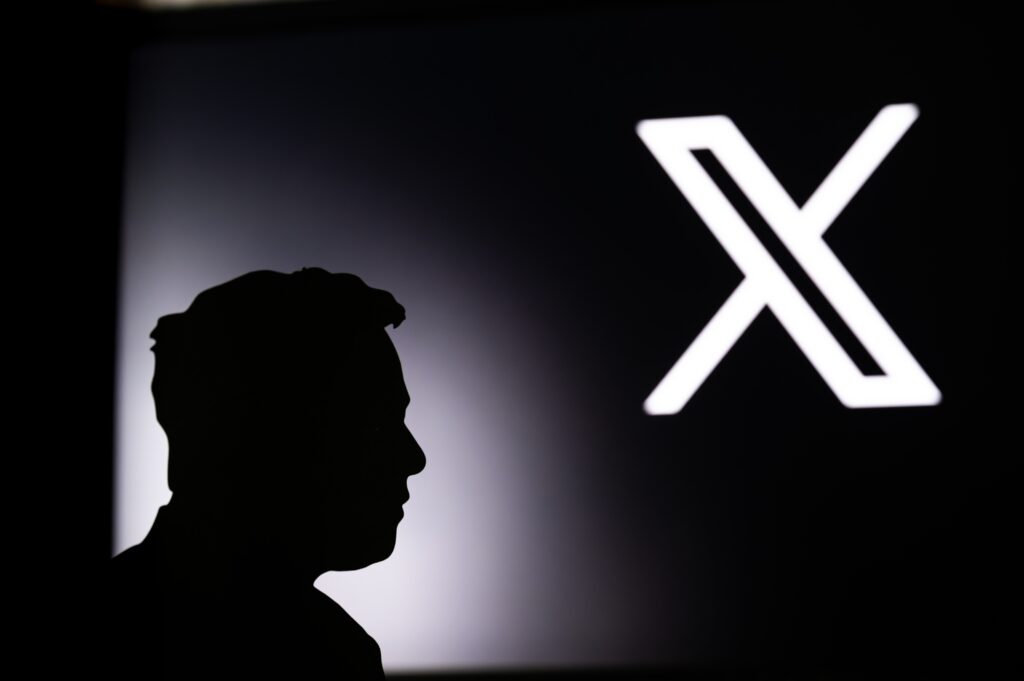Elon Musk’s social media company, X, has filed a lawsuit against the Indian government. The company claims that India is using its laws to censor legal content and restrict free speech. X argues that this is an overreach by the government. A court in Karnataka will soon examine the case.
X’s Criticism of the Sahyog Portal
X’s lawsuit targets the Sahyog portal, which the Indian government’s Ministry of Home Affairs created. X believes this system is an unlawful tool for controlling content on social media. According to X, the portal allows many government officials to take down content without proper oversight. The company claims this gives the government too much power.
X refuses to register with the portal. It argues that Sahyog is a way to centralize censorship in India. The company says that this platform allows censorship without giving users a chance to defend their posts or explain their content.
Concerns About Unchecked Censorship Powers
In its lawsuit, X points out that Sahyog violates digital rights. The portal lets officials order the removal of content without a hearing or legal review. X claims that thousands of officials, including local police, can issue these demands with no oversight. This means that content can be removed without any formal procedure or checks.
X also highlights a recent incident in which the Indian Railway Ministry ordered it to delete posts about a deadly stampede. The posts showed the chaos at Kumbh Mela, where 18 people lost their lives. X argues that this takedown is an example of how Sahyog is misused. It says this shows a lack of safeguards to protect against unfair censorship.
Indian Government’s Response to X’s Lawsuit
Indian officials disagree with X’s claims. They say the Sahyog portal does not directly block content. Instead, it sends notices to social media companies to ask for content removal. The government argues that the portal helps respond to harmful content, such as fake news and hate speech. They see it as a tool to enforce laws and protect citizens from dangerous material online.
According to Indian authorities, Sahyog is part of a larger effort to regulate online content. Officials believe the system is necessary due to the rising amount of harmful material on the internet. They maintain that it is not about restricting free speech but keeping platforms safe for users.
A Growing Debate on Free Speech and Censorship
The lawsuit reflects a larger debate about the balance between censorship and free speech. Critics argue that India’s growing censorship laws could hurt freedom of expression online. Many people worry that the Sahyog portal will give the government too much power to control what people say on social media. This could have wide-ranging effects on how citizens use digital platforms in the future.
X is not the only company raising concerns about government overreach. Tech companies around the world are increasingly worried about how governments are using digital regulations. Some argue that these laws can be abused to control public discourse, while others believe they are necessary to regulate harmful content.
X’s lawsuit is not just about protecting its platform but also about defending the principle of free speech online. The company believes that governments should not be able to remove content without a clear legal process and oversight.
The Legal Battle: What’s Next?
The lawsuit is still ongoing, and a court in Karnataka will soon hear the case. This legal battle could have big implications for how governments regulate digital content. If X wins the case, it could set a precedent that helps protect online speech in India and other countries. If the Indian government wins, it could give other governments more power to censor content on social media platforms.
This case is also important because it highlights the tension between government regulation and private companies. Social media companies like X face increasing pressure to remove harmful content, but they also want to protect free speech. Governments, on the other hand, want to control the spread of fake news and harmful material online.
Global Implications of the Lawsuit
The outcome of this lawsuit could have consequences beyond India. Many countries are dealing with similar issues about online censorship. As governments look for ways to control digital content, this case could set an example for other nations. If X wins, it might inspire more tech companies to challenge censorship laws. If the government wins, other countries could follow India’s lead in creating more powerful tools for regulating social media.
In any case, the X lawsuit is part of an ongoing global conversation about the future of free speech on the internet. As digital platforms become more central to daily life, the balance between regulation and freedom will continue to be a key issue.
The lawsuit between X and the Indian government is a crucial moment for digital rights and free speech. As the case progresses, it will likely influence how governments and social media companies handle censorship worldwide. For now, people are watching closely to see how the court will rule. The outcome could shape the future of the internet for years to come.
